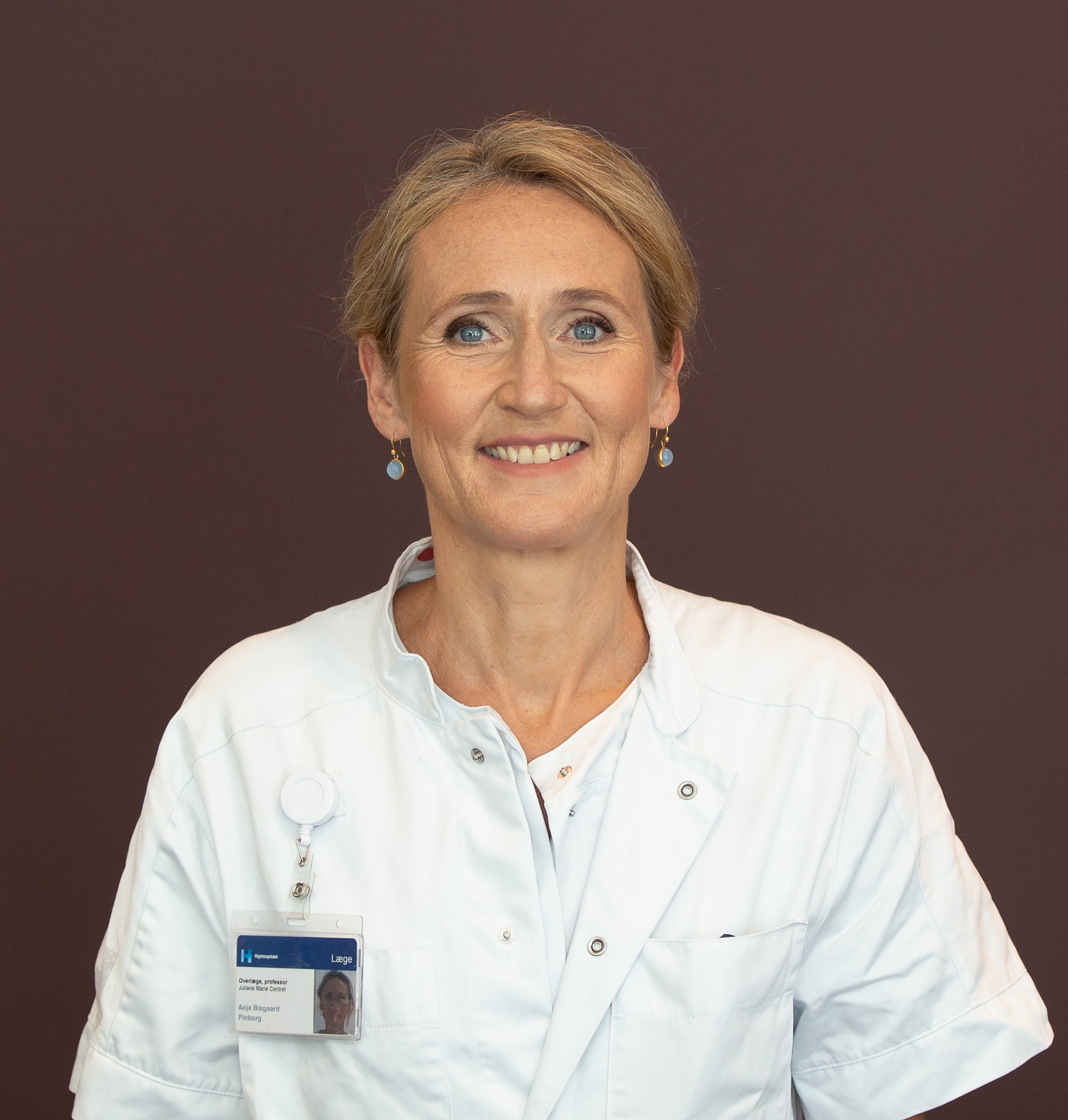In February 2022 the Journal of the American Heart Association published a study, which associates assisted reproduction with an increased risk of vascular and other complications during pregnancy, especially in women aged 35 years or older and those with pre-existing health problems.
Researchers compared data on the outcomes of 106,248 deliveries, conceived with assisted reproduction, with 34.2 million deliveries without fertility treatment between 2008 and 2016 in the USA. The study showed that women who conceived using assisted reproduction techniques had an increased risk for preterm birth and cesarean delivery and were 2.5 times more like to experience kidney injury.
The study authors did not directly compare different types of fertility treatment, which an article by CNN highlights as a major limitation of the findings.
“I agree that this study should be looked upon with very critical eyes since all participants were pooled into one group, not distinguishing between different fertility treatments and the techniques used nor between singletons and twin births,” comments Professor Anja Pinborg from Rigshospitalet’s Fertility Clinic.
According to the study the women who conceived by ART had a much higher prevalence of multifetal pregnancy (28.70% versus 1.95%) and current preeclampsia/eclampsia (10.33% versus 4.42%).
“The impact of the multifetal births is so far completely missing from the coverage of the study. We know from several other studies that multifetal births significantly increase the risk of preeclampsia, which is a prime cause of kidney and heart problems during pregnancy,” explains Anja Pinborg and adds: “we should be really, really careful to convey a message that ART treatment itself can cause sudden kidney injuries or heart problems and especially in Scandinavia, where we have a lot less twin births thanks to the IVF treatment standard of only returning one fertilized egg – and thereby we also have fever cases of preeclampsia.”
The researchers found that women who conceived using assisted reproduction were an average of seven years older – 35 compared to 28 and they also had more pre-existing health conditions, such as chronic high blood pressure, obesity and diabetes. The study further discussed the challenge to determine whether the increased prevalence of adverse outcomes is attributable to the ART procedure itself or maternal factors associated with infertility.
“The ReproUnion Biobank & Infertility Cohort will soon help with some answers! Because the mothers starting ART are on average older when becoming pregnant, they are also at higher risk of disease, but we need to know a lot more! Fortunately, we soon have enough samples in RUBIC to start looking into early markers for cardiovascular disorders among the samples, which will grow to include 2500 infertile women who we can follow over time to assess if they are at a higher risk of heart disease and other comorbidities,” concludes Anja Pinborg, who is also part of the ReproUnion management team for RUBIC.

